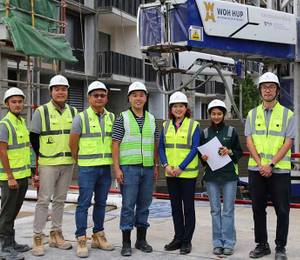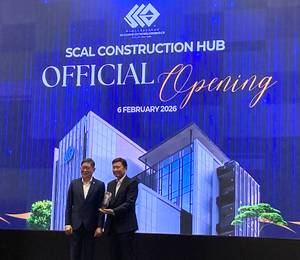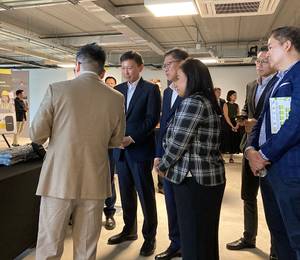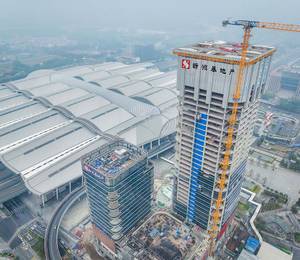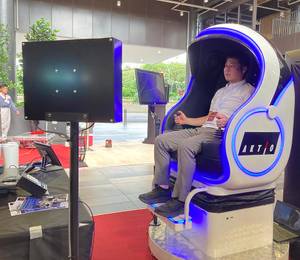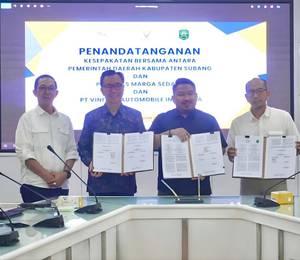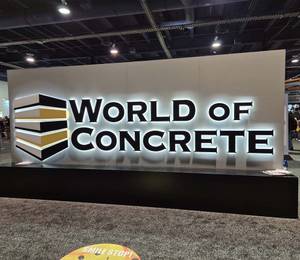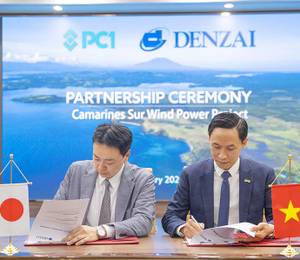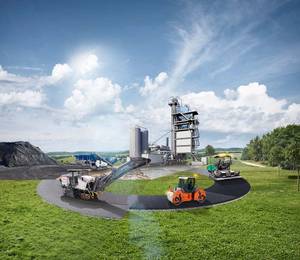With the completion of Jakarta-Bandung high-speed rail (HSR) in Indonesia, PT Wijaya Karya (Persero) Tbk (Wika) has achieved a new milestone. This is the first HSR line in the Southeast Asia region, which was inaugurated on 2 October 2023.
Wika was the only main contractor from Indonesia commissioned on the project, joining a consortium of foreign contractors with a long experience in building high-speed rails in various countries.
The new HSR spans 142.3 km in length, significantly reducing travel time between Jakarta and Bandung cities from three hours to less than an hour. It has four stations – Halim, Karawang, Padalarang and Tegalluar – with a depot in Tegalluar.
Agung Budi Waskito, president director of Wika, said that the project also provided an opportunity to facilitate knowledge transfer to the Wika Group, especially in the field of high-speed rail construction.
Wika has built three of the HSR stations, including Halim, Karawang and Padalarang stations. In addition, the contractor worked on subgrades, bridges, slab tracks, pier columns and box girders. Wika’s subsidiaries – Wika Gedung, Wika Beton and Wika Construction Industry – also participated in the project.
Wika shared that one of the new construction techniques learned through the project is the implementation of cast-in-situ method for full-span girders. Instead of casting the concrete in stages per segment (as typically done in Indonesia), the casting work for this HSR was carried out all at once and simultaneously. Wika was tasked with building 137 full-span box girders.
Wika Beton took part in the production of 14,786 units of slab tracks, which is another new technology for Indonesia. These slab tracks are used in place of ballast tracks for trains with speeds of more than 350 km/hr and on several bridges. According to Wika, by adopting the technology from China, the slab tracks could be manufactured to a high-quality standard that will offer comfort, stability, greater cost efficiency and relatively easy maintenance for the railway.
Wika Beton was further involved in providing concrete structures, such as piers, girders, pile caps and bored piles, which have been adapted to the environmental conditions at each bridge construction site. Wika said the quality of the concrete also meets the required specifications, which comprise ‘pasir tayang’ (tayang sand) from Kalimantan in order to ensure the concrete’s durability (expected to last up to 100 years).
Wika Gedung, which specialises in building construction, participated in the construction of Halim and Karawang stations as well as the auxiliary building at Padalarang station.
Meanwhile, Wika Construction Industry took part in the steel fabrication and erection process at Halim, LRT-HSR integration and Karawang stations, plus the installation of sound barriers on the rail track.
Last year, Wika won an award for the project at the Going Digital Awards in Infrastructure event. The contractor developed a connected digital ecosystem and single source of truth, facilitating dynamic modelling and the generation of an intelligent digital twin.
Mr Waskito highlighted that Wika’s successful participation in this HSR project will allow the group to become a leader in the development of modern rail construction in Indonesia.
All images: Wika

